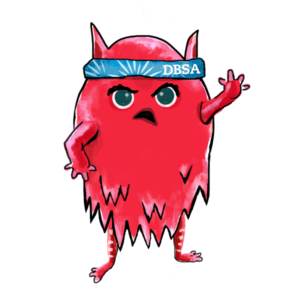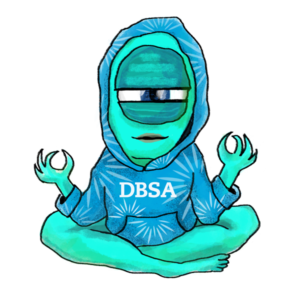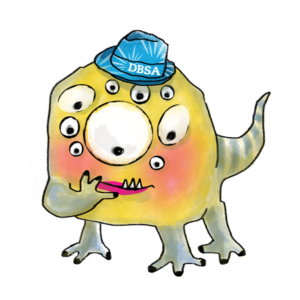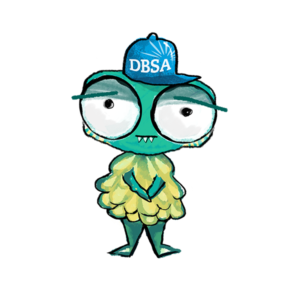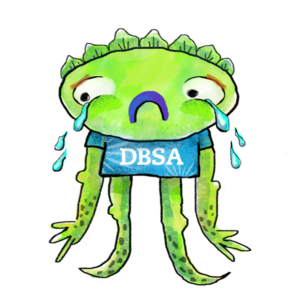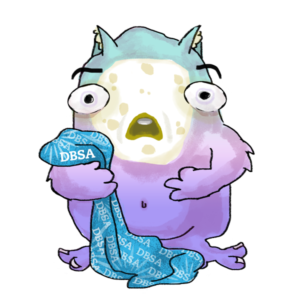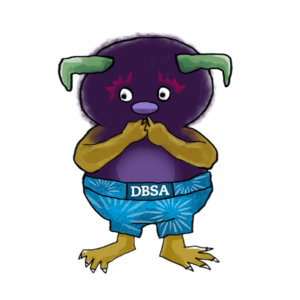Ready to get started? DBSA has created informational sheets, activities and games for each character to help children understand their feelings and learn skills to help their emotional well-being throughout their lives.
You can browse activities on each character’s page or download the whole workbook here – although this book is anything but work!



